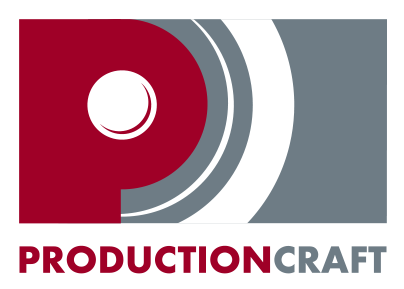Top [5] five qualities to look for when hiring a cameraman or crew
Great attention is given to actors, directors and producers, but what about the guy (or gal) you never see – the one on the other side of the lens? The one who holds a 25 lb. piece of equipment on their shoulder, while walking along a bumpy road with their vision tunneled into a small 1 inch rectangle, trying to get “the shot”….the cameraman.
The ease of which we can make a video with a mobile phone has made every one think they’re Steven Spielberg. But the reality is: finding a good cameraman, one who understands how to communicate your message to your audience, is not easy.
Once you know why you are producing a video – what your objective is – you can put together a script and storyboard with a director/producer to help you determine the best way to communicate your message. Bring the DP or cameraman in early on in the development process, so they know what you want and can discuss the available techniques.
THE TOP FIVE QUALITIES TO LOOK FOR WHEN HIRING A CAMERAMAN OR CREW ARE:
1) Easy to work with/Flexible
Finding someone who is flexible and easy to work with is always nice to have, but it is especially true when selecting a camera operator. You want someone who can: put those being filmed at ease; be patient when working on set during unavoidable delays; and be understanding about reshooting if you’re not getting what you had envisioned. You may be able to step in and do an “okay job” at other tasks, but shooting with a $50,000 camera and lens takes technical skills learned through school and years of practice.
2) Honed technical skills/Tech savvy
Operating a camera, maintaining composition and adjusting camera angles is no easy feat. Learning, understanding and honing the technical skills required to become an operator takes many years – and then several more to hone a specialty. For instance, to be good at news requires a cameraman who is quick thinking and fast on their feet. Others may be good at sports production and following the ball, or an expert in EFP (Electronic Field Production) which requires precise lighting and composition. Still others specialize in multi-cam for meetings and the like, and then some can do it all. Camera operators also need to stay up-to-date on shooting techniques, lighting, new equipment, and a plethora of formats, frame rates and resolutions.
3) Physical stamina and strength
While keeping abreast of the latest news through industry associations, forums and journals is important for honing technical skills, the camera operator must also possess physical stamina, strength and manual dexterity. Shooting, although lots of fun, can also be very demanding – with long hours, challenging conditions, and the need to be on your feet all day.
4) Creativity: they have a “good eye”
Creativity is something that cannot be taught. A good camera operator will be able to spot a good opportunity and have an artistic eye for framing shots. Having the ability to look through the lens and picture how all of the elements come together – visual composition, perspective, lighting and movement – is crucial so that the images captured will reinforce your message and tell your story in the way you want it to and one that is consistent with your brand image.
5) Attention to detail
Producing professional video is an orchestrated event that requires all parties to work together. A good camera crew will carry out instructions accurately and with precision. This level of coordination between you, camera and audio people, lighting and the rest of the crew will multiply your productivity and benefit your communication objective. Getting “what you need” or “more than you need” in the field will streamline your editing process and provide additional content for the future.
Video is a very powerful tool that scales quickly thanks to digital, mobile and social technologies. Make sure you have a camera crew that can capture your vision and effectively communicate it to your audience.


